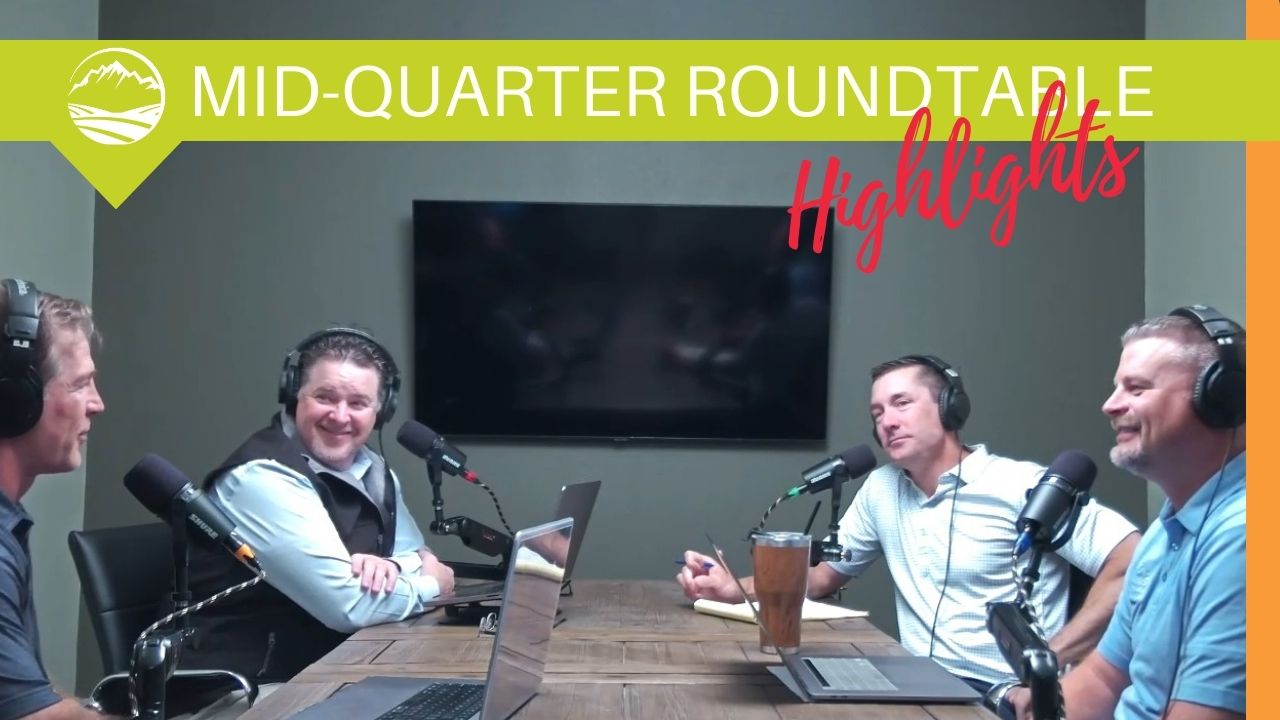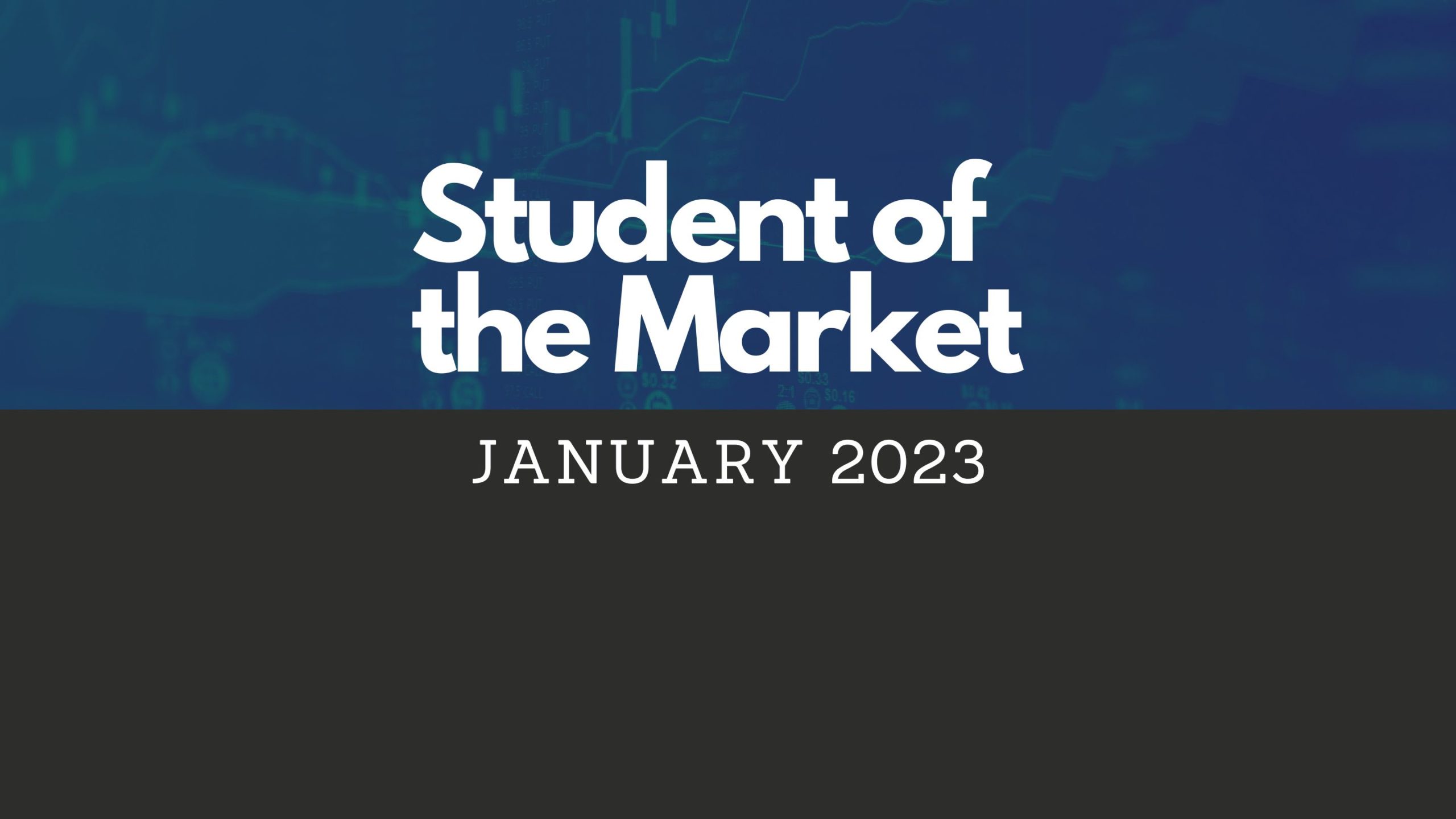You are now leaving the Strong Valley Wealth & Pension, LLC ("Strong Valley") website. By clicking on the "Schwab Alliance Access" link below you will be entering the Charles Schwab & Co., Inc. (“Schwab”) Website. Schwab is a registered broker-dealer, and is not affiliated with Strong Valley or any advisor(s) whose name(s) appears on this Website. Strong Valley is/are independently owned and operated. Schwab neither endorses nor recommends Strong Valley. Regardless of any referral or recommendation, Schwab does not endorse or recommend the investment strategy of any advisor. Schwab has agreements with Strong Valley under which Schwab provides Strong Valley with services related to your account. Schwab does not review the Strong Valley website(s), and makes no representation regarding the content of the Website(s). The information contained in the Strong Valley website should not be considered to be either a recommendation by Schwab or a solicitation of any offer to purchase or sell any securities.

Companies of all sizes are likely to see lots of permanent changes. In 2021, what is considered a great benefits package is very different from what was considered a great benefits package 25 years ago. Now with the pandemic disrupting businesses, employers recognize even more that benefit plans need to adapt to compete for and retain the best talent.
This article examines a few trends to watch this year and next.

Job seekers and HR executives have known for decades that it’s not just about salaries – employee benefits programs are great recruiting and retention tools. But what is considered a great benefits package in 2021 is very different from what was considered a great benefits package 25 years ago.
In fact, with the pandemic disrupting businesses for most of last year and into this year, employers recognize that benefit plans need to adapt even further in order to compete for and retain the best talent.
Let’s examine a few trends to watch this year and next.
The Society for Human Resource Management reported that health insurance premiums have increased by a whopping 54% over the past decade. But employees have eaten most of the increase as they have been hit with about 70% of the increase in premiums. Given how disruptive COVID was to the employment landscape and incomes – plus the disruption to businesses – it is reasonable to assume that both employees and employers cannot afford rising premiums again this year.
So where can healthcare costs be reduced? By contracting directly with service providers rather than going through an intermediary. In other words, employers that have the ability to contract directly with service providers might do so versus going through multiple intermediaries.
For example, the concept of setting up a primary care clinic on site might make economic sense for larger employers, while providing convenience for employees.
COVID-19 forced individuals to utilize telehealth benefits for routine checkups as well as for more specialized care. And while most will say it took some getting used to, most might also admit that the convenience and treatment were both good.
Sure, it was not the same as meeting face to face with your healthcare provider, but telehealth did eliminate travel time and waiting times in doctors’ offices. And it was more efficient for care providers too.
As COVID recedes from our communities, telehealth will not.
Employees have recognized that allowing employees to customize their benefits can actually reduce costs, while allowing employees to feel special.
For example, an employer might offer everyone a basic health package along with a set amount of time off, but then allow employees to add options from a menu of benefits so that their overall package is tailored to their specific needs. These options might include pet insurance or access to legal services, for example. And employees are more likely to help cover the costs of a customized package versus a one-size-fits-all plan.
No doubt you have seen news reports of the increase in mental health challenges given the shutdowns to our nation’s schools and businesses. And the impact to our collective mental health will not simply disappear as more of us get vaccinated. So employers know that helping employees reduce stress will help their bottom line.
Going forward, you can expect to see more Employee Assistance Programs that encourage periodic mental health checkups.



